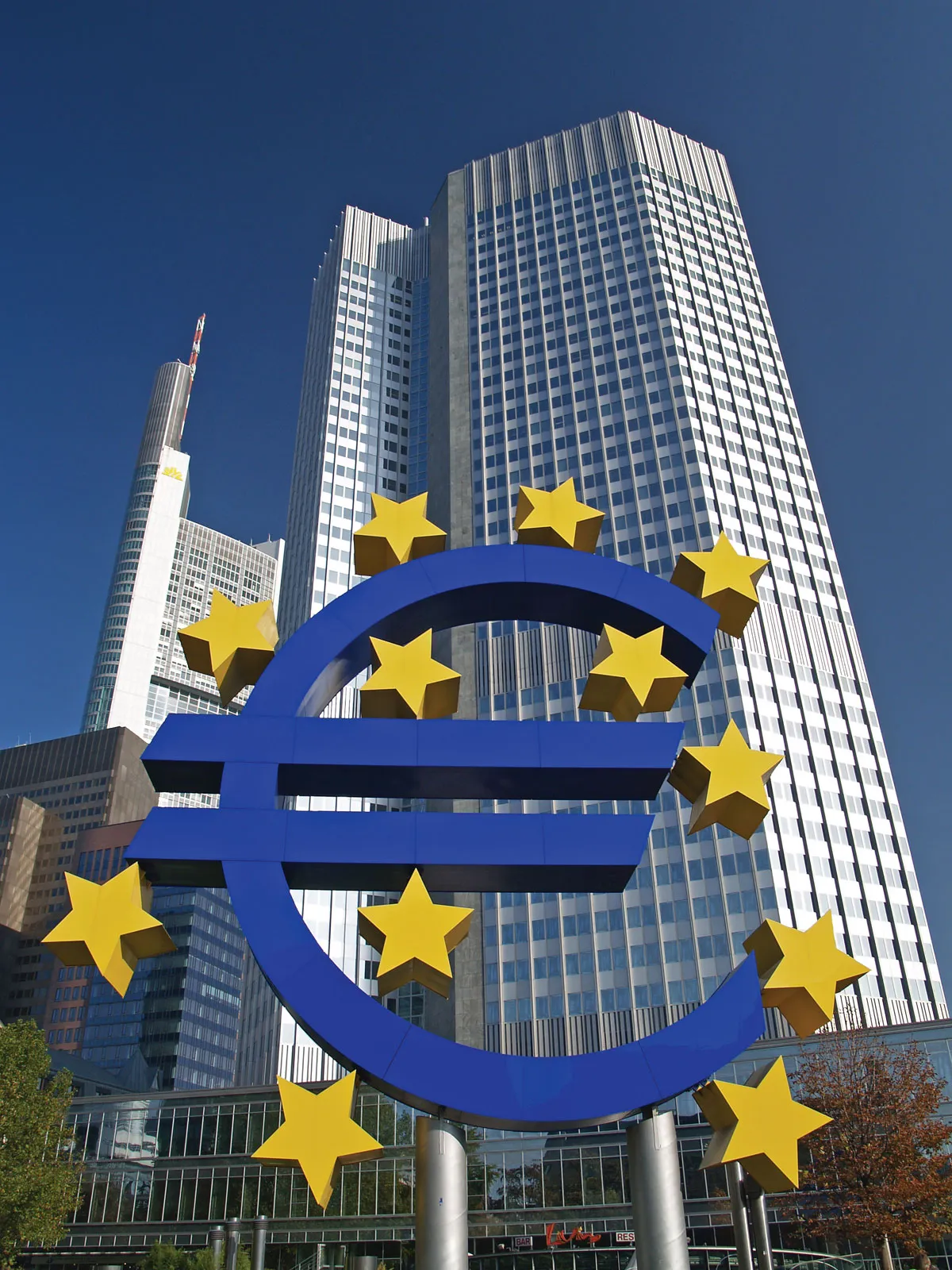Four French Investment Products That Can Save You Tax in France
France may have a reputation for high taxes, but if you understand the system, there are plenty of ways to invest your money tax-efficiently. Whether you’re a new expat or a long-term resident, certain French investment products can help you reduce your tax bill while planning for the future.
Here are four popular investment options in France that come with real tax advantages.
1. Assurance Vie (Life Insurance Investment Policy)
Why It’s Popular: Despite the name, assurance vie isn’t just life insurance — it’s a flexible investment wrapper that offers strong tax benefits, especially if you’re in France for the long term.
Tax Advantages:
-
Tax-deferred growth: You don’t pay any tax on gains as long as you leave your money invested.
-
Reduced tax after 8 years: After holding the policy for 8 years, you benefit from lower tax rates and a generous annual allowance on withdrawals (€4,600 for individuals, €9,200 for couples).
-
Inheritance planning: Assurance vie allows you to pass on up to €152,500 per beneficiary free of inheritance tax (if contributions were made before age 70).
Best for: Long-term savers interested in tax-efficient growth and estate planning.
Not best for: Those who want to access their investments before eight years.
2. Plan d’Épargne en Actions (PEA – Share Savings Plan)
What It Is: The PEA is a government-backed investment account designed to encourage people to invest in shares of French and European companies. It offers excellent tax benefits — as long as you’re willing to invest for at least five years.
Tax Advantages:
-
Tax-free capital gains and dividends: After 5 years, all gains and dividends are exempt from income tax (though social charges of 17.2% usually still apply).
-
Tax advantages before five years: There are income tax exemptions in the case of death, the loss of your job, disability, forced early retirement and if the funds are used to finance your new business.
Contribution Limits: Up to €150,000 for a standard PEA, plus €75,000 for a PEA-PME (focused on small and medium-sized businesses, therefore €225,000 in total).
Best for: Those who are comfortable investing in shares and want to reduce tax on investment income and gains.
Not best for: Those who wish to invest for less than five years and who wish to have access to US and other non-European (EU and EEA) shares.
3. Plan d’Épargne Retraite (PER – Retirement Savings Plan)
What It Is: The PER is a retirement investment scheme introduced as part of France’s 2019 pension reform. It replaces older plans like the PERP and Madelin, and it’s available to both employees and the self-employed.
Tax Advantages:
-
Tax-deductible contributions: You can deduct contributions from your taxable income, up to annual limits based on your earnings.
-
Flexible retirement withdrawals: At retirement, you can withdraw funds as a lump sum, regular income, or a mix of both — giving you more control over how you’re taxed.
Note: Early withdrawals are generally restricted to specific life events (like buying your main home or serious hardship).
Best for: High earners looking to reduce their income tax bill while saving for retirement.
Not best for: Those who wish to access their funds before 63 or 64 years old.
4. Regulated Savings Accounts (Livret A, LDDS, LEP)
What They Are: Technically, this is a category of products. They are government-regulated savings accounts that generally offer fixed, low-risk returns and complete tax exemption on the interest earned.
Tax Advantages:
-
Tax-free interest: All interest is exempt from both income tax and social charges.
-
No reporting required: Interest from these accounts doesn’t need to be declared on your annual French tax return.
Contribution Limits:
-
Livret A: €22,950
-
LDDS (Sustainable Development Savings Account): €12,000
-
LEP (for lower-income households): €10,000
Best For: Emergency funds or low-risk cash savings with full liquidity.
Not best for: Those who wish to earn a high rate of investment growth over the long-term.
Final Thoughts
You don’t need to be a financial expert to invest tax-efficiently in France — but you do need to understand the rules. By making use of these four investment vehicles, you can grow your savings, reduce your tax exposure, and plan confidently for the future.
Before investing, consider contacting us at support@aisainternational.fr as we are French regulated investment advisers.
The views expressed in this article are not to be construed as personal advice. Therefore, you should contact a qualified, and ideally, regulated adviser in order to obtain up-to-date personal advice with regard to your own personal circumstances. Consequently, if you do not, then you are acting under your own authority and deemed “execution only”. Additionally, the author does not accept any liability for people acting without personalised advice, who base a decision on views expressed in this generic article. Importantly, this article is dated and is based on legislation as of the date. It should be noted that legislation changes, but articles are rarely updated. Sometimes a new article is written; so, please check for later articles. Additionally, check for changes in legislation on official government websites. Finally, this article should not be relied on in isolation.

